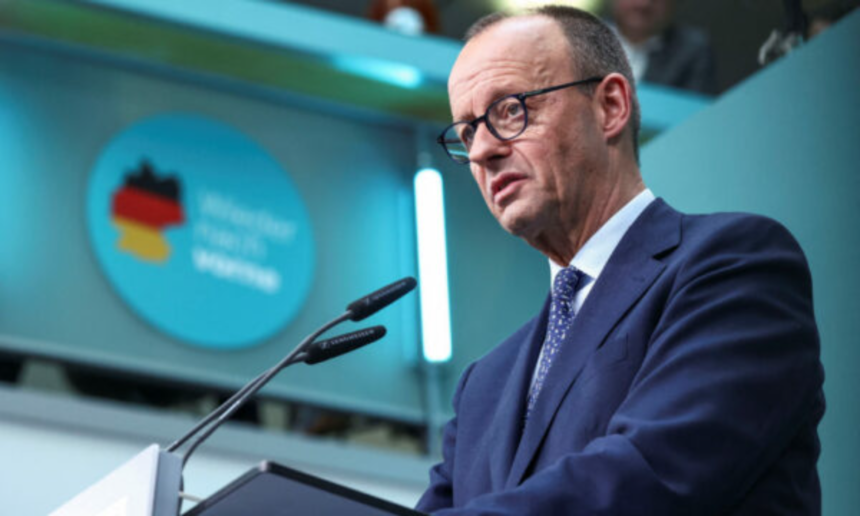Timothy Garton Ash, the renowned British historian, emphasizes that Germany has a unique opportunity to drive the renewal of Europe in his latest column for The Guardian. Drawing on pivotal historical moments when German leaders made strategic decisions that shaped Europe’s future, Ash argues that Germany’s current crisis presents the chance for a fourth such moment.
The Urgency for Change
Ash warns that if Germany’s new coalition government, led by Friedrich Merz, fails to seize this opportunity, both Germany and Europe could regress in the coming years. The stakes are high, with Europe potentially moving backward faster than many might fear.
Unlike past moments in history, such as in 1949, 1969, and 1989, when Germany’s policies were aligned with U.S. strategies, Ash argues that Germany must now forge its own path in building a strong, democratic Europe. This time, Germany must support Ukraine against Russia, even if it means diverging from the U.S. approach.
Germany’s Role in European Security
Ash points to the surprising shift in Merz’s stance, describing his statement on Europe needing to achieve independence from the U.S. as a bold departure from traditional transatlantic alignment. While France’s Emmanuel Macron seems more conciliatory with the U.S., Merz sounds more aligned with Charles de Gaulle’s vision for European independence.
Challenges of a Changing World
In his article, Ash examines the shifting dynamics of international relations, including the decline of the U.S.-led West and growing influence from Russia and the BRICS countries. With Donald Trump and Vladimir Putin threatening the liberal international order, Germany faces significant challenges. However, Ash underscores the need for bold action from Germany to not only support Ukraine but also to revitalize Europe’s defense, economy, and social systems.
Facing New Threats and Opportunities
Ash outlines Germany’s key challenges: rebuilding a strong defense and infrastructure, addressing socioeconomic inequality, managing immigration, and revitalizing the economy. While Germany’s internal political barriers, like its constitutional debt brake, pose obstacles, the opportunity for strategic change is real. If Germany can navigate these hurdles, it could lead Europe into a new era of strength and unity.
In conclusion, Ash calls for German leaders to have the courage to make bold decisions for the future of Europe, invoking Goethe’s words on the importance of courage in times of crisis. The future of Europe’s security and economic renewal depends on it.







